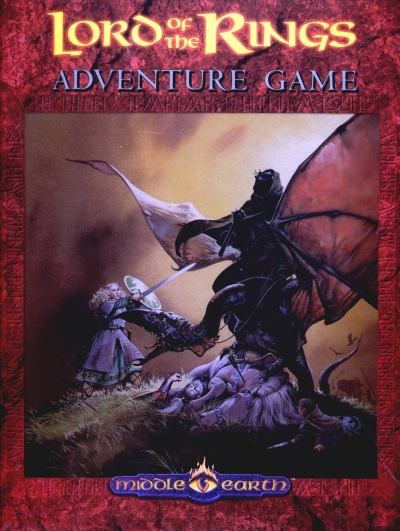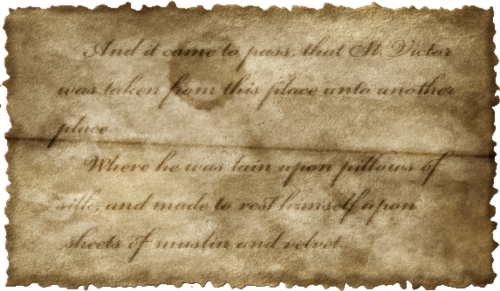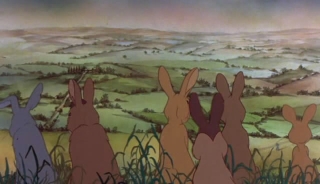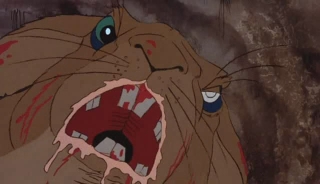I was at the Liberal Arts library at UT for the first time in probably 2 years the other day, since I was looking for a book that Porter had recommended to me: The Name of the Wind. The card catalog said there was a copy on the shelf, but when I hunted it down it wasn’t there. I didn’t want to waste the trip (it is a long way from the Chemical Engineering building), so I figured I would pick up something else to read. I found the shelf that had most of Robert Heinlein’s books on them, so I looked for something of his I hadn’t read (I’ve probably only read 5~6 of his books, so there were things to choose from).
I ended up getting 2 books with some of his short stories, and I also got Variable Star: by Robert Heinlein and Spider Robinson. I had heard of this a couple of years ago, how Heinlein had 4~5 pages of notes on an idea for a children’s novel that he never go around to writing, and Spider Robinson got permission to write a book based on the notes.
I won’t give a summary or even set up the book because it’s pretty much impossible to go over any part of the plot without majorly spoiling it. There are some other aspects about the book I can discuss, however.
I think overall Spider did a good job of making a decent SF story, and it does have the feel of Heinlein in many ways. I haven’t read much by Spider so I can’t really say how much of it is his influence. What I can say though, is that I think he maybe tried a little to hard to make it ‘Heinlein-y’. For example, all of the following are mentioned in the story: TANSTAAFL and line marriages as found in The Moon is a Harsh Mistress, polyamory and free love as found in, well, almost every book of his after 1960, and a society where everyone has come to realize how silly and unproductive organized religion are. The thing is though, absolutely none of these things are particularly important to the story. All of these things could be removed from the story and it wouldn’t effect the plot in the least.
Especially since this was intended by Heinlein as a children’s novel (like Have Spacesuit Will Travel or Citizen of the Galaxy), those aspects I mentioned in the previous paragraph were almost certainly not in the original notes and were instead added by Robinson. I can see some reasons why he might have added them, they certainly are themes that are ever-present in a lot of Heinlein’s work. However since they aren’t necessary to the story or the plot, I think it would have been better without them.
There is a throwaway reference to 9/11, but I think it was done pretty well. Spider also takes a potshot at current U.S. foreign policy, but it doesn’t detract too much from (or add to, in my opinion) the story.
Ignoring these minor complaints though, the story itself is very interesting and well-done. The end was very surprising, and satisfying. It’s hard to ask for much more than that from a fiction book.




